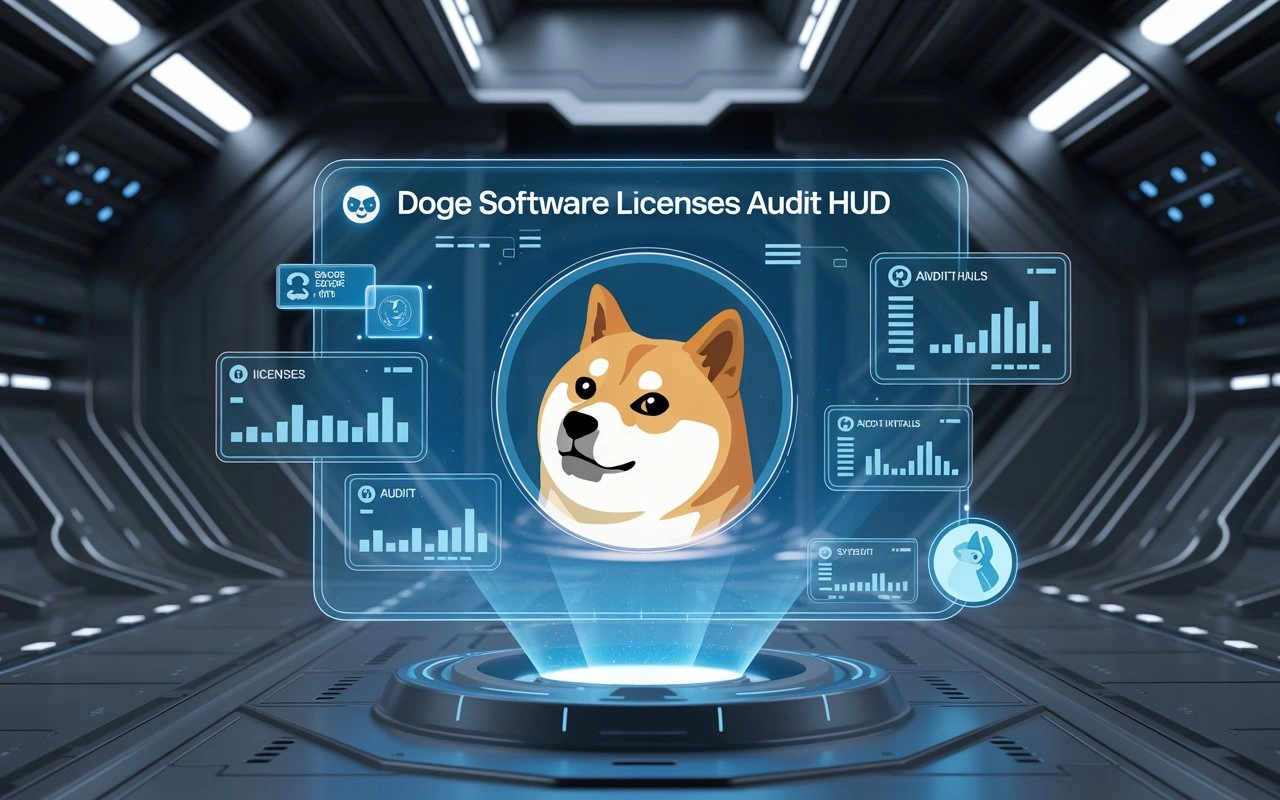Discover how the Doge Software Licenses Audit HUD provides real-time license tracking, reveals waste like thousands of unused licenses at HUD, and offers compliance insights to protect budgets.
Introduction
Software license management is often overlooked—until audits unearth massive waste. In 2025, the Doge Software Licenses Audit HUD emerged as a pivotal tool for real-time compliance monitoring. Best known for exposing thousands of unused licenses at HUD, this dashboard-style interface brings transparency, efficiency, and risk visibility to license audits.
What Is the Doge Software Licenses Audit HUD?
The Doge Software Licenses Audit HUD provides a heads-up display (HUD) dashboard that tracks and analyzes software license usage across organizations in real time.It offers:
-
Instant insights into license allocation and compliance status
-
Alerts for expired or unused software
-
Automated summaries that simplify audit processes
Though called “Doge,” it refers to a developer-friendly audit tool, not cryptocurrency.
The “Ghost Licenses” Exposed at HUD
In one of the most high-profile use cases, the Department of Housing and Urban Development (HUD) was found paying for:
-
11,000+ Adobe Acrobat licenses with zero users
-
35,855 ServiceNow licenses where only 84 users existed
-
Thousands of other unused Cognos, Java, and WestLaw licenses
This discovery drove immediate cost-saving actions, setting a precedent for wider software audit reforms.
Why License Auditing Matters
Software license audits are more than administrative tasks—they serve critical roles:
| Focus Area | Why It Matters |
|---|---|
| Legal Risk | Avoid fines and litigation from unlicensed use |
| Cost Efficiency | Eliminates waste in unused or underused licenses |
| Security | Reduces risk from unpatched or unmanaged software |
| Operational Oversight | Enhances control through real-time visibility |
How the Doge Audit HUD Revolutionizes Compliance
Unlike manual audits, the Doge HUD delivers:
-
Centralized License Tracking – All licenses and usage are aggregated into one dashboard
-
Real-Time Insights – Alerts for license misuse, expiration, or redundancy
-
Automated Reporting – Fast data summaries for stakeholders or regulators
-
Integration Capabilities – Compatible with IT systems, procurement tools, and security platforms
Real-World Impact & Government Response
After the HUD audit, agencies were prompted to overhaul their software licensing practices. This included:
-
Centralizing license management to ensure better oversight
-
Using dashboards for ongoing compliance tracking
-
Negotiating contracts based on actual usage data
-
Extending audit practices agency-wide
The message became clear: unmanaged licensing carries risks in cost, compliance, and accountability.
FAQ
1. What does “HUD” mean in this context?
HUD refers to the Heads-Up Display interface—providing real-time visual insight into compliance.
2. Who conducted the audit at HUD?
An oversight body referred to as DOGE (Department of Government Efficiency) initiated the audit.
3. Was the audit limited to HUD?
HUD was a high-profile example, but similar audits have influenced practices across federal agencies.
4. Can private companies benefit from this HUD tool?
Yes—any organization managing large-scale software licensing can use these tools to reduce costs and mitigate compliance risks.
Conclusion
The Doge Software Licenses Audit HUD isn’t just a compliance tool—it’s a model for efficiency and fiscal accountability. As the HUD audit revealed, unchecked software licenses can drain millions from budgets and expose agencies to legal pain. With dashboard-driven, real-time monitoring, organizations can now safeguard assets, optimize spending, and ensure peace of mind.

